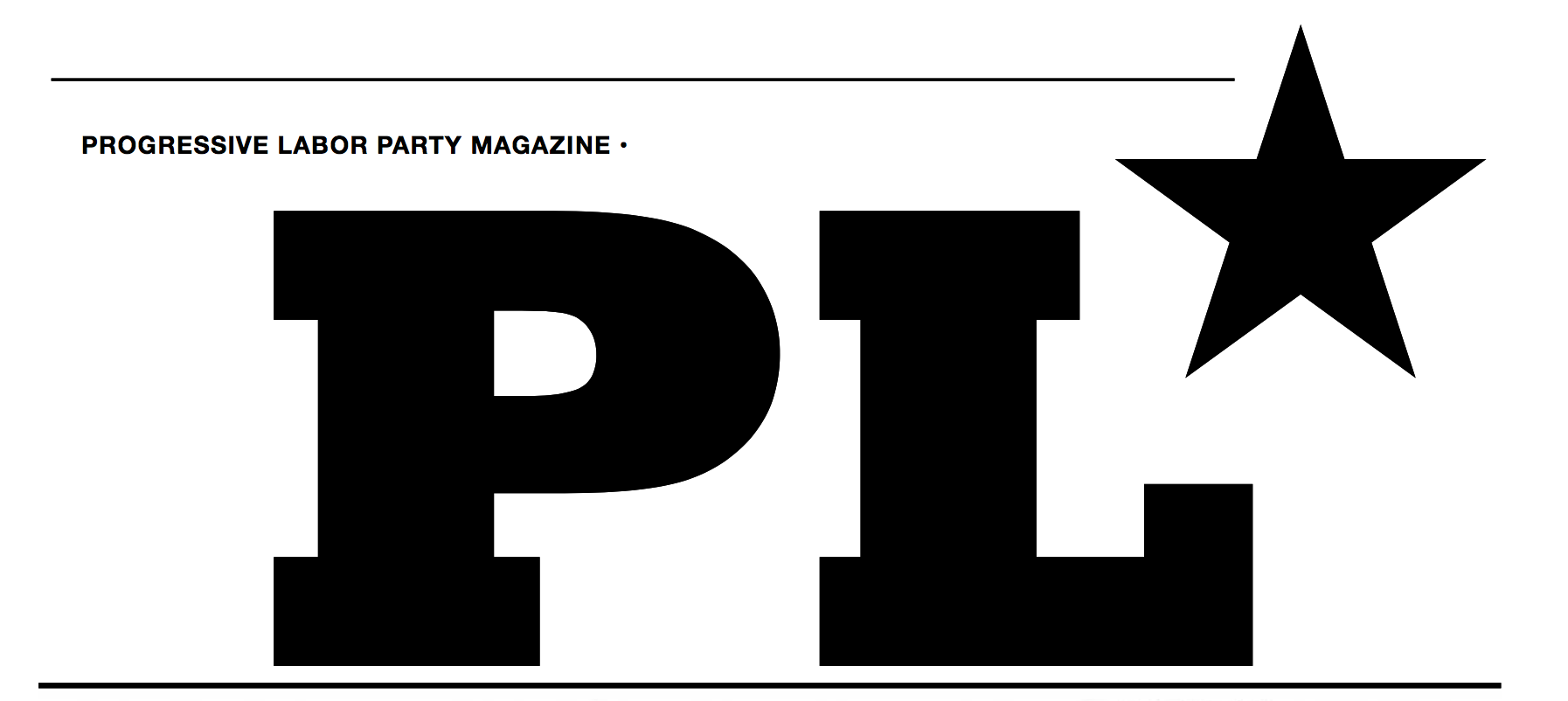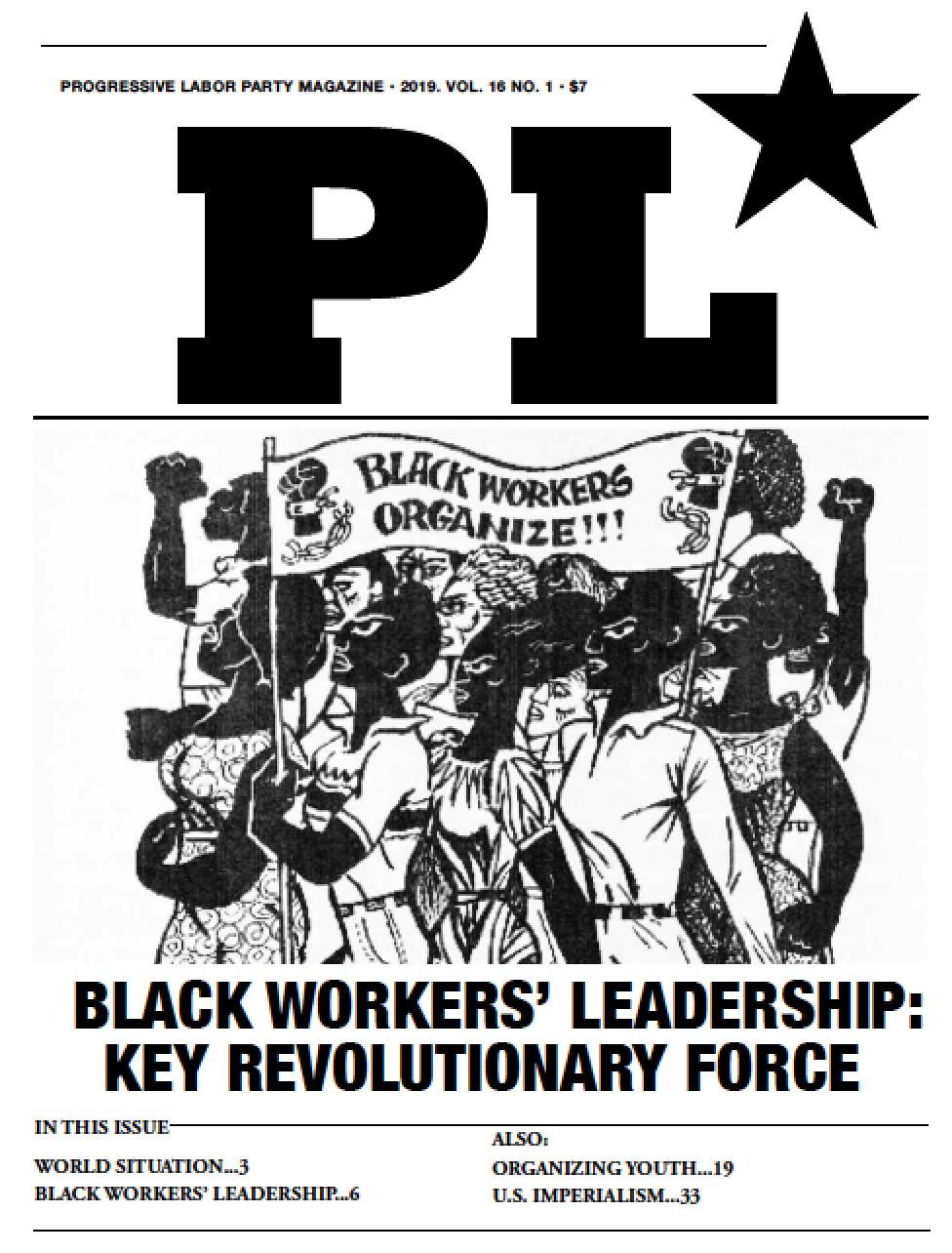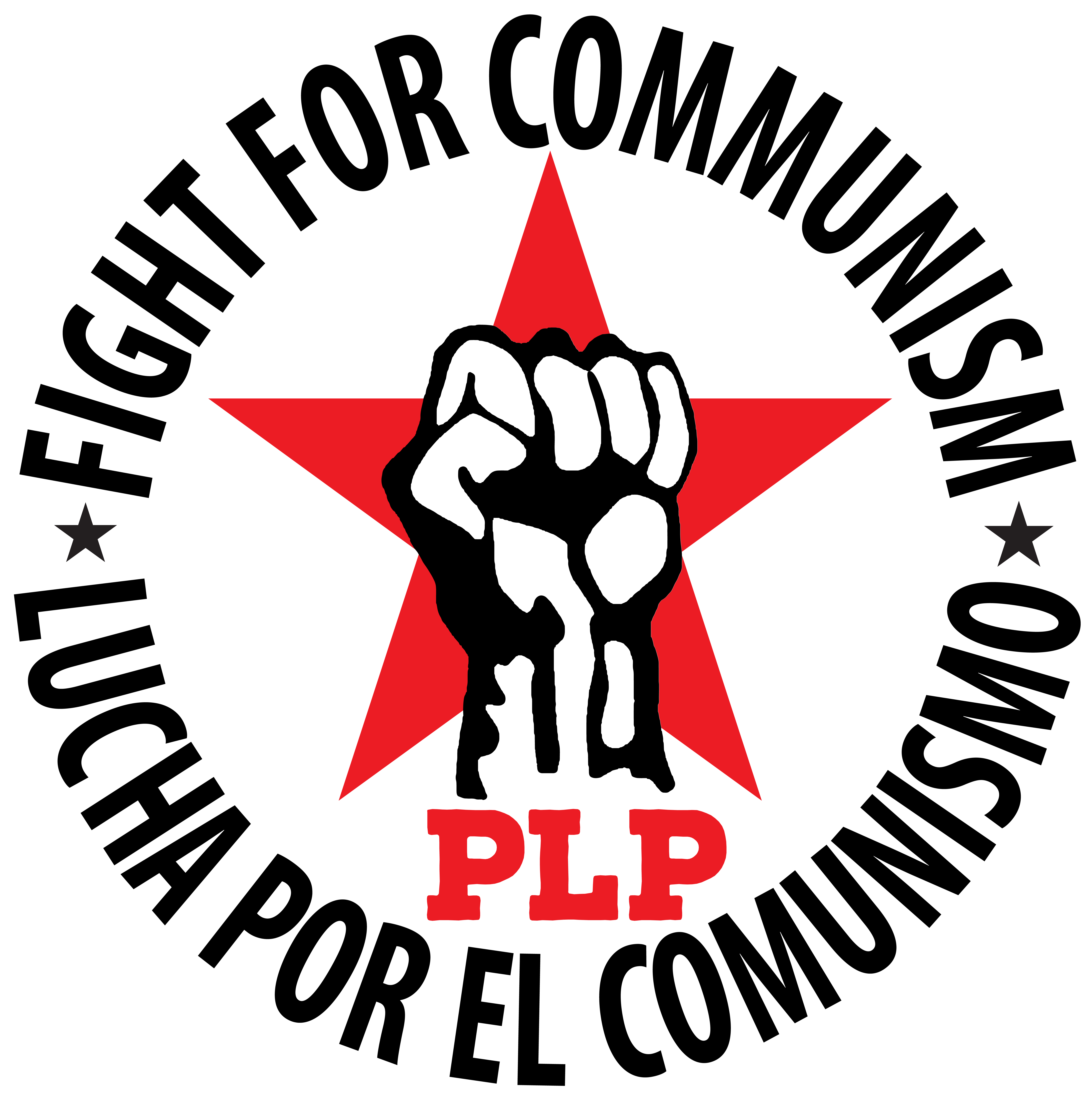Eyewitness Hits Bosses’ Lies About Haiti’s Workers’ Fight for Survival
 Tuesday, February 23, 2010 at 12:09PM
Tuesday, February 23, 2010 at 12:09PM PORT-AU-PRINCE, Haiti — As we entered the city we found it to be remarkably calm, especially at night. Many people sleep in the streets; some do this because they have lost their homes, others because their homes are presently unsafe, and because they fear there will be another earthquake. Workers here have built tent cities to live in. Despite the poor conditions, there is order and community. People arrange their tents into straight lines, leave spaces for public use, and organize a security crew to watch over them at night and to ensure that cars do not trample the tents.
I have not seen any evidence that people are hijacking cars on the roads and stealing provisions, as friends and the media had warned us. This trip has provided me with insight into many ways that the mass media misrepresents the current situation in Haiti. Their portrayal of Haiti is sensationalist because major corporations need to make a profit. Advertising dollars flow with images of “looters,” destruction, and social disorder. Thus, the media’s profit motives contribute to the misleading portrayal. The primary reason, however, is racism.
The idea that Haiti is filled with “robbers” and “rapists” is one that fits into the racist ideology that we are all fed. The idea that workers in Haiti are actually working together to survive under very difficult conditions or that people are organizing themselves into orderly tent cities — and that the major role of the United States has been to patrol with soldiers and guns — is not one that fits the image of Haiti or of the U.S.’s role there. In fact, there are a lot of soldiers all over the city. It is unclear what their function might be. They patrol the streets with big guns at the ready, yet I have not seen any soldiers engaged in the clean-up effort. (Ed. note: see previous issue of CHALLENGE, and this issue’s front page, for analysis of the U.S. military’s role in Haiti)
Food For Profit, Not For Need
As we drove around Port-au-Prince we saw plenty of evidence of people looking for food. At several junctions, we saw people crowded outside of places where aid was being distributed. I have heard time and time again that there is plenty of food and water in Port-au-Prince, but that it is not reaching the people it needs to reach. The distribution effort is too slow and not systematic.
We met several pastors outside one of the UN military bases who were soliciting food for their congregation. They complained to us about the lack of food and the poor nutritional quality of the food available — mostly white rice and sardines. There were long lines at places where water was available. Many people walked around with buckets and jugs looking for water to fill them. The situation is so critical that we saw a man drinking water from a puddle on the ground.
There are markets; supermarkets, restaurants and roadside stands that are open and sell food. This food is only available to people who have money to pay for it. There are private companies that sell water that can fill up your buckets or tanks with just a phone call. If you have the money you can survive here. If not, you are forced to search for food and water and hope that you are lucky enough to be close by when the distribution effort begins.
In the newspapers, I have read that there are security concerns with regard to food distribution. I saw people from the World Food Organization delivering food to an orphanage; armed guards accompanied them.
The only guns I have seen in Port-au-Prince, in fact, are those that belong to people in uniforms. The city is crawling with U.S. soldiers and UN soldiers. Although people surely are desperate for food, I have not seen evidence of attacks or violent robberies. Instead, I have seen lines of people waiting for food and water, and people using their creativity to look for food anywhere they can find it.
When we entered the city of Croix-de-Bouquet we saw many destroyed buildings, and a lot of people in need. There are little signs of how the city will begin to rebuild itself. One image I can’t get out of my mind is a destroyed school. It was a seven-story building. During the earthquake, it shook so hard that it completely crumbled. The walls disintegrated and each floor fell on top of the other. People say that there was a room full of students in the basement, and that they likely have died slowly of thirst and hunger, as no one came to clear the building and rescue them.
The loss of life in that one school is a clear example of the fact that many lives were lost, not just because the earth shook, but also because Haiti is a poor country. The incredibly poor quality of the seven-story building meant that the walls crumbled under the weight of the ceilings. The lack of sufficient heavy machinery meant that there were not enough trucks to come and remove the rubble and potentially save the lives of the children and teachers in the basement.
The accumulated human suffering in Haiti is unfathomable to me. Although I have now left Haiti, images of destruction run like a slideshow through my mind. The fact that many of these deaths were preventable makes it worse.
A friend





 Progressive Labor Party (PLP) fights to destroy capitalism and the dictatorship of the capitalist class. We organize workers, soldiers and youth into a revolutionary movement for communism.
Progressive Labor Party (PLP) fights to destroy capitalism and the dictatorship of the capitalist class. We organize workers, soldiers and youth into a revolutionary movement for communism.




Reader Comments